Ms. Vũ Vân Vy, residing on Phạm Văn Hai Street, Tân Sơn Nhất Ward, shares her love for bánh mì. However, after hearing about recent food poisoning cases linked to this popular Vietnamese sandwich, she has significantly reduced her consumption.
“Previously, I enjoyed bánh mì every 3-4 days. But over the past week, I’ve avoided purchasing it due to concerns about the hygiene of its ingredients,” Ms. Vy explains.
According to Ms. Vy, the origins of bánh mì fillings like pork, Vietnamese ham, pâté, butter, and pork floss are often unclear, especially when sourced from informal suppliers. This uncertainty has led her to cut back on her favorite snack.
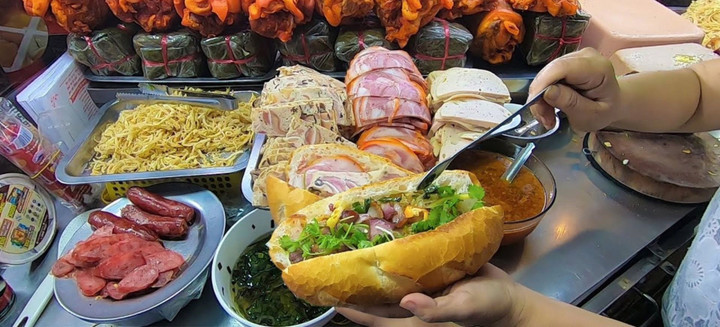
Consumers are wary of contaminated ingredients in bánh mì. (Photo: Đại Việt)
Mr. Trần Công Minh, from Đỗ Thị Lời Street, Nhiêu Lộc Ward, recently inquired about the origins of pâté and butter used by his local bánh mì vendor. The seller could only confirm that these items were supplied by long-standing contacts, without providing further details.
“If the vendor doesn’t know the quality of the pork or liver used in the pâté, how can consumers trust it? What if substandard meat was used?” Mr. Minh questions.
Mr. Lê Phong, from Tam Bình Ward, reveals that his family once enjoyed bánh mì regularly but has since reduced their purchases following recent food safety incidents.
“Previously, I would buy bánh mì on the way to my child’s school, choosing any convenient vendor. Now, if my child wants it, I opt for well-known, reputable shops. Although prices are higher, the assurance of quality and food safety is worth it,” Mr. Phong states.
Ms. Mai Hạnh, owner of a bánh mì stall on Cách Mạng Tháng Tám Street, reports a 15-20% drop in sales after the food poisoning cases in Ho Chi Minh City. She attributes this decline to consumers’ growing skepticism about bánh mì ingredients.
Previously, Ms. Hạnh sold around 120-130 sandwiches daily, but now her sales have fallen to just over 100.

Many bánh mì vendors report slower sales compared to previous days. (Photo: Đại Việt)
Mrs. Sáu Lan, owner of a bánh mì stall on Hoàng Sa Street, confirms a similar decline in customers following the food poisoning incidents. Her daily sales have dropped from over 200 sandwiches to 160-170.
“Many customers now ask about the origins of cold cuts, Vietnamese ham, and roasted pork. Some avoid pâté and butter altogether due to quality concerns,” Mrs. Lan notes.
Mrs. Lan’s family is actively seeking reliable suppliers of traceable, high-quality ingredients. She hopes to offer products with clear packaging and production details.
“Sourcing traceable ingredients benefits both us and our customers. If there’s an issue, the responsibility lies with the supplier. That’s the best we can do,” Mrs. Lan shares.
Enhanced Inspections Following Violations
In response to the food poisoning cases linked to “Bánh mì Cóc cô Bích,” the Ho Chi Minh City Food Safety Department identified severe violations in the establishment’s operations.
While the main shop at 112A Nguyễn Thái Sơn, Hạnh Thông Ward, has been registered since 2020, its second branch at 363 Lê Quang Định, Bình Lợi Trung Ward, operated illegally without proper registration.
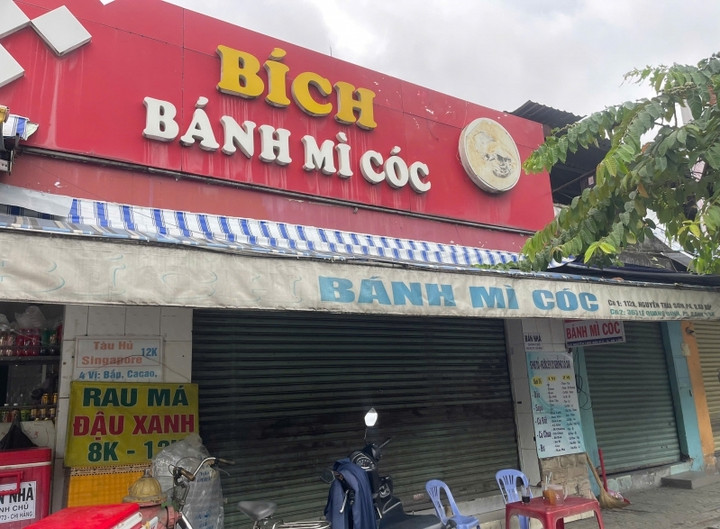
Bánh mì Cóc has temporarily ceased operations. (Photo: B.L)
Investigations revealed that the shop sourced ingredients without proper documentation. Many ingredients were processed at the owner’s home, not at the registered location.
Daily, 50-60 kg of chicken breast were purchased from a supplier on Lê Đức Thọ Street and processed at home. Butter was homemade using 120 eggs bought from Điện Biên Phủ Street, mixed with cooking oil and lemon.
Pickles were sourced from small vendors, washed, salted, and used immediately. Pâté was supplied by a vendor on Nguyễn Thiện Thuật Street, and 35 kg of Vietnamese ham were purchased on November 5th.
To date, 316 people have been hospitalized after consuming products from “Bánh mì cóc cô Bích.” Of these, 252 have been discharged, while 64 remain under treatment.
The Food Safety Department emphasizes that common bánh mì ingredients like pâté, cold cuts, butter, and pickles can cause food poisoning if not properly handled. Producers and vendors must adhere to food safety regulations to prevent such incidents.
The department will conduct surprise inspections and strictly penalize violations. It will also enhance food safety awareness among local officials and businesses, ensuring regular checks on food production and sales.
For suspected food poisoning cases, the department will investigate and take appropriate legal action. Routine inspections of food production and service establishments will continue as planned.
Massive 1.7-Ton Seizure of Untraceable Sausages in Hanoi
Nearly 1.7 tons of sausages with unknown origins, poised to become a popular street food among young people, were recently uncovered by authorities at a warehouse in Tu Liem District, Hanoi. The entire batch lacked quality certification documents, posing significant health risks to consumers.
“Budget Mooncakes Ignored at $1.25, While Premium $33 Variants Fly Off Shelves”
As the Mid-Autumn Festival approaches, the mooncake market in Ho Chi Minh City is reaching its peak. While small stalls offer promotions like “buy one, get three free” or “3 for 100,000 VND” and still struggle to attract buyers, major brands are bustling with customers, even without offering any discounts.

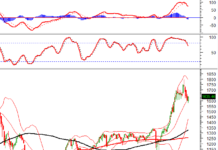
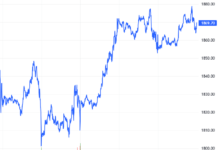

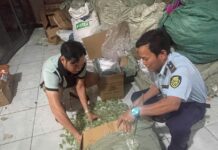
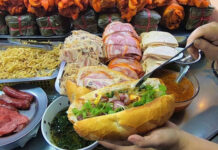
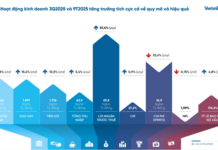










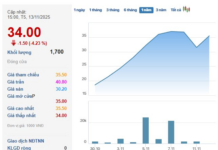
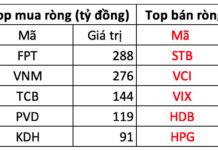
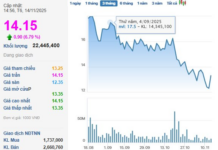






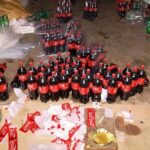
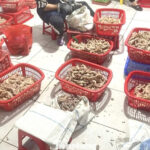
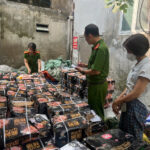

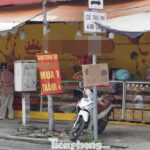









![[On Seat 14] Why Do Vietnamese Prefer Buying New Ranger and Triton?](https://xe.today/wp-content/uploads/2024/09/v-quote-te-5-100x70.jpg)

